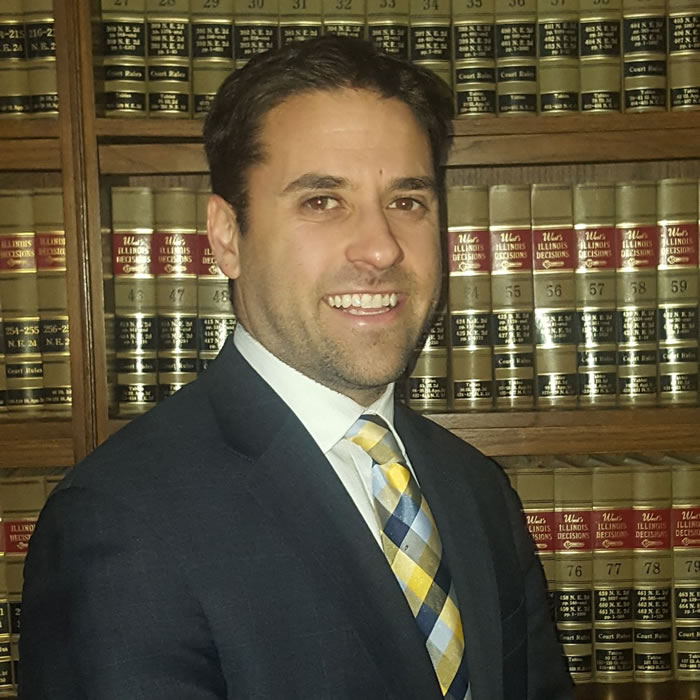Chemical restraint abuses in nursing homes today
A “chemical restraint” is the polite term for the use of powerful psychoactive drugs on unruly patients in nursing homes. It’s also a form of medical abuse.
Despite laws going back decades against the use of chemical restraints, activists in human rights organizations say that the practice is still common in nursing homes, particularly in cases with elderly patients who suffer from dementia.
It’s estimated that around 179,000 patients are given powerful psychotropic medication, like antipsychotics and sedatives, without a diagnosis that supports the use of such medication.
In the case of anti-psychotics, the drugs actually pose serious dangers to patients who are suffering from dementia. Those kinds of drugs are even required to carry “black box” warnings on their labels regarding their use by dementia patients.
Despite this, anti-psychotics are still routinely prescribed to many nursing home patients with dementia. In many cases, neither the patients nor their family members even have any idea its happening.
Why do nursing homes do it?
It’s simple. They want patients to behave. They want patients who are compliant and docile. If a patient is upset, confused, angry and acting out, it’s inconvenient for the staff. It might even oblige the nursing home to keep a few more employees around than usual, which could cut into their profits.
Drugs can also be used to punish a resident for misbehaving. If patients don’t like the effects of a drug, which may leave them lethargic and even more confused, they can be threatened in the future with its use to ensure their compliance.
Nursing homes are aware that the indiscriminate use of psychotropic medication is against the law. They’re also aware that they probably won’t get punished in any significant way if they get caught. Some facilities so routinely abuse the use of anti-psychotics that over 30 percent of their patients are on them!
The only way that the use of chemical restraints is going to stop is if the nursing homes are held accountable for their abuses. If your senior suddenly seems unusually lethargic or sedated, ask questions. If you find out that your loved one’s medication has been changed and it includes anti-psychotics or other psychotropics, it’s time to ask some hard questions about what is happening. Be sure to seek out the legal expertise of an experienced nursing home abuse attorney in Belleville, IL.

Daniel C. Katzman is a Partner at Katzman & Sugden, LLC and is licensed to practice law in Illinois and Missouri. Daniel was born and raised in Belleville, Illinois where his dad, Steven E. Katzman has had his law office for over 40 years. Daniel joined the law firm of Katzman & Sugden, LLC after receiving his J.D. from St. Louis University School of Law in 2011, where he earned certificates in Health Law and Employment Law. Prior to that, he received his undergraduate degree in Health: Science, Society & Policy from Brandeis University in Waltham, Massachusetts. Combining his background in health policy and law, Daniel focuses his practice on assisting clients who have been injured through no fault of their own. He is admitted to practice law in Illinois, Missouri, the United States District Court for the Southern District of Illinois, and the United States District Court for the Eastern District of Missouri.
